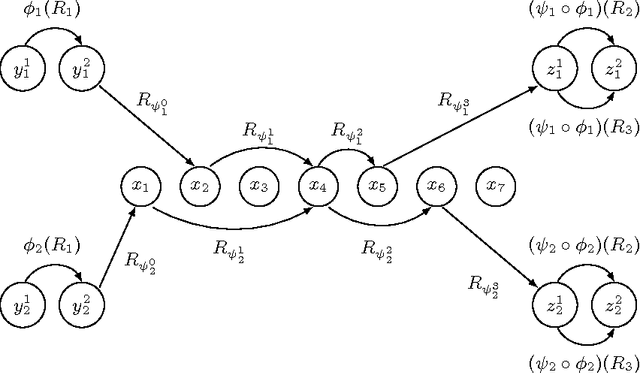On Backdoors To Tractable Constraint Languages
Paper and Code
Oct 10, 2014

In the context of CSPs, a strong backdoor is a subset of variables such that every complete assignment yields a residual instance guaranteed to have a specified property. If the property allows efficient solving, then a small strong backdoor provides a reasonable decomposition of the original instance into easy instances. An important challenge is the design of algorithms that can find quickly a small strong backdoor if one exists. We present a systematic study of the parameterized complexity of backdoor detection when the target property is a restricted type of constraint language defined by means of a family of polymorphisms. In particular, we show that under the weak assumption that the polymorphisms are idempotent, the problem is unlikely to be FPT when the parameter is either r (the constraint arity) or k (the size of the backdoor) unless P = NP or FPT = W[2]. When the parameter is k+r, however, we are able to identify large classes of languages for which the problem of finding a small backdoor is FPT.
 Add to Chrome
Add to Chrome Add to Firefox
Add to Firefox Add to Edge
Add to Edge